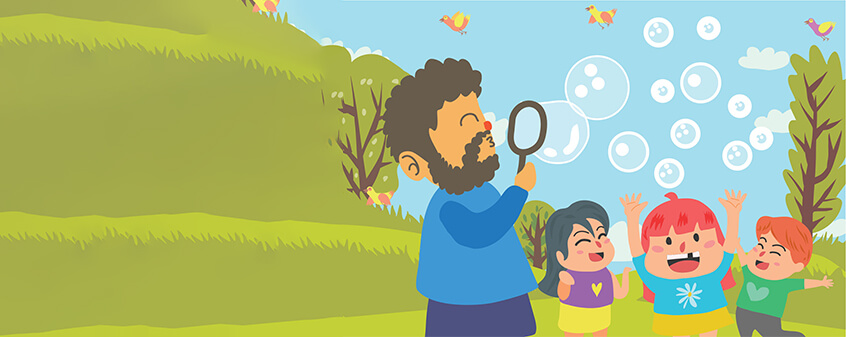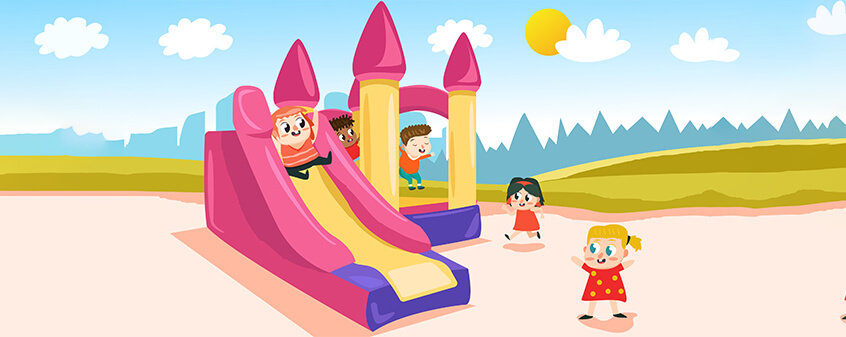If the bee disappeared off the surface of the globe, then man would have only four years of life left. No more bees, no more pollination, no more plants, no more animals, no more man.
Nature is beautiful and needs to be preserved. Nature provides us with everything we need when taken care of and the same nature can show us its fury if abused. Lately we have been witnessing the fury with all the natural calamities due to excessive pollution, exploitation of resources in the form of global warming, etc.
Humans have caused enough harm to the environment and we are paying a heavy price for it. We cannot reverse the effect of our actions, however we can work towards restoring the damage done, and the best people to be looped in; in this effort is the younger generation who will inherit the planet.
According to me ‘Environment Preservation’ should be integrated with the core subjects’ right from preschool. When we reinforce the importance of Environment Preservation in children from a young age, they will be conscious of the decisions they make and they will also correct elders around them when they see them doing things that are harmful for the environment. What we need is a conscious set of youngsters to take on this mantle and drive it through.
For instance, in Preschool Year 4, children explore different leaves, observe their shapes and colours (shades of green) and study their parts. They observe how the leaves are uniquely different from each other. The concept of ‘recycling’ is also reinforced where they create posters to generate awareness about the importance of reducing, reusing and recycling.
One of the underlying principles of our curriculum design process is the Multiple Intelligences theory wherein Naturalistic Intelligence is used to process information about the world around – flora and fauna.
Ways of creating environment preservation awareness
-
Environmental Clubs – Your school can form an environmental club or become a part of an existing one in the vicinity and conduct activities around environment preservation like Set up a recycling system in the school cafeteria. Plant a small organic garden that will provide fresh vegetables for the school cafeteria. Support local wildlife and reduce CO2 in the air by planting trees, shrubs and flowers on school grounds. etc.
-
Schools participating in cleanliness drives – Schools can have their cleanliness drive where children make sure that the school premise is kept clean and they can also participate in external drives.
-
Schools can embed Environmental Preservation in their curriculum – For e.g. when we teach Water as an EVS topic we cover local water bodies like lakes, rivers, etc. We can teach children the situation right now wherein there is no scarcity but for the future they need to creatively think of ways to conserve water like water harvesting, innovate means to keep them clean and so on.
-
Environment friendly policies – Schools should make sure they have environmental policies that they follow in school and student should be educated on the same. They can install solar panels so children can actually see the environment friendly practices daily.
-
Environment preservation posters – schools have adequate space where artwork, posters, etc. can be displayed to make it a part of their subconscious learning. One corner can be dedicated to Environmental Preservation where students, teachers and parents can contribute to the same with posters, drawings, poems, latest articles, etc.
-
Adopt a Plant Program: Schools can have a program where they adopt one plant in school and at home, take pledge to provide complete care to it with the help of a gardener.
-
Teach children to have Empathy towards living creatures – Empathy is an important value that schools need to inculcate in children. They need to understand that all living creatures need to be looked after. This can be imparted through stories and role play where children become animals, plants or insects and tie them up and ask them how they feel about being restricted.
-
Have special days dedicated to the environment - Organise special events like a “Kids Walk to School Day” or “Create No Trash Day” involving parents also.








